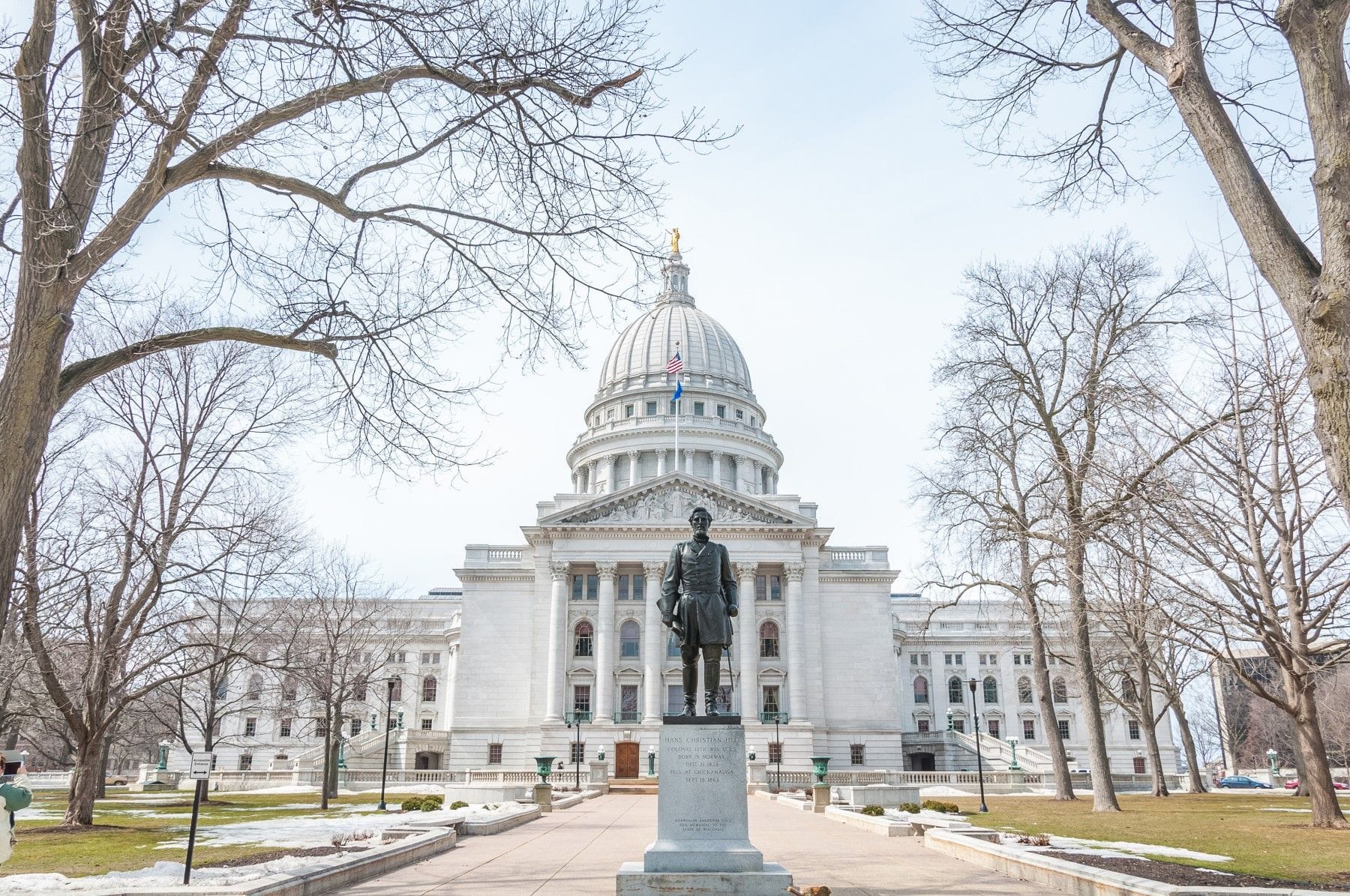Wisconsin Expert Witness Disclosure Requirements
Wisconsin mandates timely expert witness disclosures, emphasizing detailed qualifications and updates to uphold trial integrity and prevent surprises.
Updated on
In this article
When Are Expert Witness Disclosures Required in Wisconsin?
In Wisconsin, the rules governing expert witness disclosures are primarily outlined in the Wisconsin Statutes and the Wisconsin Rules of Civil Procedure. The timing for disclosing expert witnesses is crucial for maintaining the integrity and efficiency of the legal process. Under Wisconsin Statute § 804.01(2)(d), parties are required to disclose expert witnesses and provide detailed information well in advance of trial. The initial disclosure deadlines often align with the scheduling order set by the court, which is typically established during the early stages of litigation.
Generally, the court will issue a scheduling order that specifies deadlines for expert disclosures. In the absence of a specific court order, parties are encouraged to disclose their experts as soon as possible to avoid any potential sanctions. Supplemental disclosures are also an integral part of the process. According to § 804.01(5), parties must update their expert witness information in a timely manner if new information becomes available or if there are changes to the expert's opinions or qualifications.
Information That Must Be Included in the Disclosure
When disclosing expert witnesses in Wisconsin, certain critical pieces of information must be included to comply with statutory requirements. The disclosure must encompass:
- Expert Qualifications: A detailed account of the expert's qualifications, including education, professional experience, and any relevant certifications or licenses.
- Opinions and Bases for Opinions: A comprehensive statement of the expert's opinions and the basis for each opinion. This includes the methodologies used and any assumptions made during the analysis.
- Data Considered: A list of all data and information considered by the expert in forming their opinions.
- Fee Structures: Disclosure of the expert's compensation arrangements, including hourly rates and any other financial agreements.
- Prior Testimony: A record of the expert's prior testimony, particularly in similar cases, to assess potential biases or conflicts of interest.
These elements ensure that the opposing party has sufficient information to evaluate the credibility and reliability of the expert's testimony.
Supplementing and Amending Expert Disclosures
The duty to supplement or amend expert disclosures is a critical aspect of Wisconsin's procedural rules. Under § 804.01(5), parties are obligated to promptly update their disclosures if there are any changes in the expert's opinions or if new information emerges. This duty extends throughout the duration of the case and is essential for maintaining transparency and fairness in the litigation process.
Failure to supplement or amend expert disclosures can lead to significant consequences. Courts may impose sanctions, such as excluding the expert's testimony or imposing monetary penalties. The underlying principle is to prevent parties from being ambushed by undisclosed expert opinions at trial, thereby preserving the adversarial nature of the legal process.
Consequences of Failing to Properly Disclose an Expert
Non-compliance with expert disclosure requirements in Wisconsin can lead to severe repercussions. The most common penalty is the exclusion of the expert's testimony, which can severely undermine a party's case. Wisconsin courts have consistently upheld the importance of adhering to disclosure rules, as seen in cases like State v. Lindh, 161 Wis. 2d 324, where the court emphasized the necessity of timely and complete disclosures.
Other potential consequences include:
- Motions to Strike Experts: Opposing parties may file motions to strike the expert's testimony if disclosures are inadequate.
- Sanctions: Courts may impose monetary sanctions or other penalties to deter non-compliance.
- Litigation Risks: Failure to disclose can lead to strategic disadvantages, such as weakening the party's negotiating position or damaging credibility with the court.
These consequences highlight the critical nature of adhering to disclosure requirements to ensure a fair and just legal process.
State-Specific Rules and Key Considerations
Wisconsin's approach to expert witness disclosures reflects both state-specific statutes and variations from the Federal Rules of Civil Procedure (FRCP). Unlike the FRCP, which has a more standardized approach to disclosures, Wisconsin allows for greater flexibility, often guided by local court rules and individual judges' preferences.
Key considerations for practitioners include:
- Local Court Rules: Familiarity with specific local rules is vital, as they can dictate additional requirements or variations in the disclosure process.
- Case-Specific Orders: Courts may issue case-specific orders that modify standard disclosure timelines or requirements, underscoring the importance of staying attuned to judicial directives.
- Strategic Use of Experts: Understanding the nuances of Wisconsin's rules allows for strategic deployment of expert testimony, maximizing its impact while minimizing risks of exclusion.
In conclusion, expert witness disclosures in Wisconsin require meticulous attention to detail and a thorough understanding of both state and local rules. By adhering to these guidelines, legal professionals can effectively navigate the complexities of expert testimonies, ensuring their clients' positions are robustly supported.


